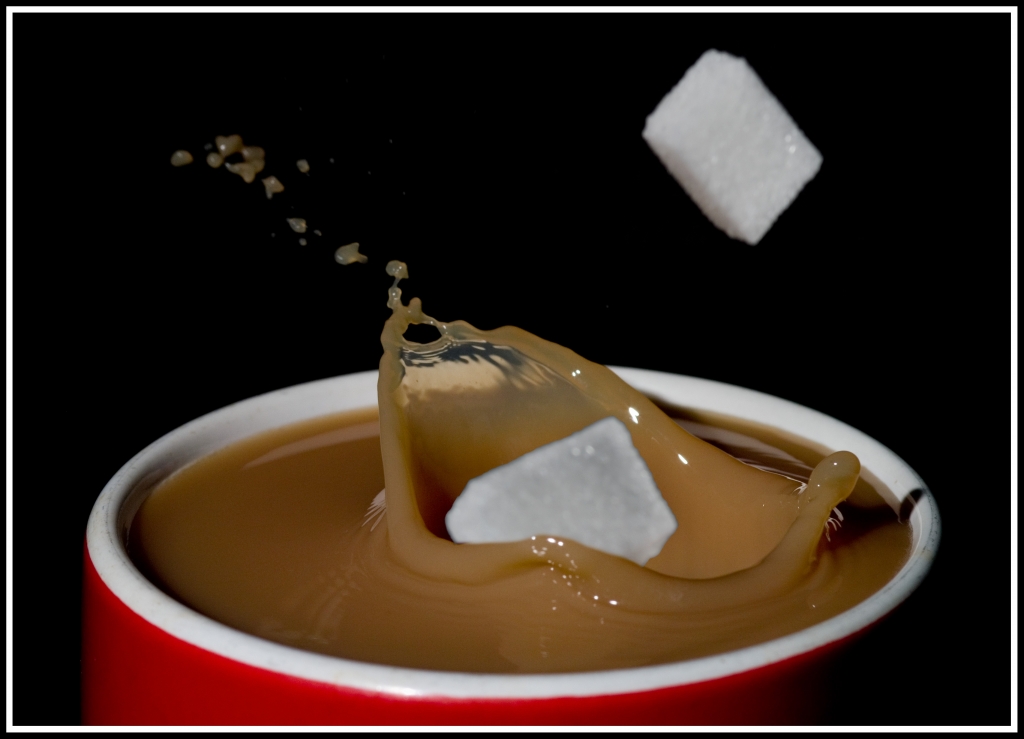 The government’s decision to impose a ‘sugar tax’, announced in the 2016 Budget, should have come as no surprise, writes Dimitrinka Atanasova. Rather it was anticipated based on longer term trends in obesity news reporting – reporting on what has (even) been called a ‘national emergency’.
The government’s decision to impose a ‘sugar tax’, announced in the 2016 Budget, should have come as no surprise, writes Dimitrinka Atanasova. Rather it was anticipated based on longer term trends in obesity news reporting – reporting on what has (even) been called a ‘national emergency’.
I started studying how British media report on obesity in 2009 when a proposal for holding a European Obesity Day to raise awareness about its health consequences came out. By 2010, the European Obesity Day was launched and 2011 saw calls by its president to recognise obesity as a chronic disease in Europe – a continent ‘in the grip of an “obesity epidemic”’. So, while in medicine excess weight has long been associated with ill-health, the 2009-2011 time frame witnessed concerted efforts to present obesity as a European issue.
Looking at the types of solutions to obesity that were discussed in news articles published on the websites of The Guardian, The Times and The Daily Mail during those three years (518 factual news articles), it emerged that financial penalties including sugar and fat taxes – jointly called ‘sin’ taxes – (12 per cent of the total) were the most frequently discussed solution after dieting (36 per cent), exercise (33 per cent) and medical solutions such as drugs or surgery (24 per cent). Taxation was also discussed more often than education initiatives such as Jamie Oliver’s Ministry of Food (10 per cent), and has therefore been relatively high on the media agenda. Financial penalties was also the solution demonstrating the clearest trend of increasing salience: there were 14 news articles discussing financial penalties in 2009, but the number had increased to 21 in 2010 and 27 in 2011. (These solutions exceed 100 per cent, as more than one solution was often discussed in the same article.)
A quick search in all UK newspapers available on Nexis further tells us that the language of obesity reporting has increasingly been along the lines of a crisis. While there were 236 news articles writing of an ‘obesity crisis’ in 2009, the number kept growing only to reach 1,096 news articles in 2014 and 1,181 in 2015. In the first three months of 2016 alone, 548 such articles have appeared. Similar trends can be observed in the use of ‘obesity time bomb’ and ‘obesity epidemic’.
In October 2015, a ComRes poll showed that 53 per cent of those surveyed favoured the introduction of taxes on unhealthy foods and drinks to improve child health. This poll coincided with the publication and recommendations of a Public Health England report ‘Sugar reduction: from evidence into action’. David Cameron’s reaction to this had been that ‘there are “better ways” than a sugar tax to deal with childhood obesity’. But seeing that the language of obesity was getting ‘ninja’ and calls on Cameron to ‘be brave’ and ‘get medieval’ on the issue were intensifying, the sugar tax move was expected. Crises, emergencies, epidemics and ticking time bombs call for immediate action: the Prime Minister had little choice but to act and a sugar tax is also a highly visible and symbolic move in this ‘war on obesity’, a courageous ‘attack’ on a powerful industry.
But, as much as the sugar tax can be said to be evidence-based, such policies are also notorious for miscalculating substitution effects. A case in point is Denmark’s recent experience of implementing a ‘fat tax’, which resulted in brand-switching and cross-border shopping, and had little impact on the nation’s health. This is likely to happen in the UK as well with consumers substituting sugary soft drinks for other beverages high in sugar that will not be taxed, such as fruit juice. This pledge also creates much panic around food – ‘the real social network of the ages’ – and comes on the back of panic around weight, despite evidence that weight and physical health might not be exactly synonymous. It is therefore not surprising that George Osborne has since been urged – ironically both by the media and the soft drinks industry – into climbing down on this pledge.
 Dimitrinka Atanasova is a postdoctoral research assistant at the School of Languages, Linguistics and Film, Queen Mary University of London working on the Creative Practice as Mutual Recovery project. Her previous work examined obesity representations in online news. She is interested in health and science communication and tweets as @dbatanasova.
Dimitrinka Atanasova is a postdoctoral research assistant at the School of Languages, Linguistics and Film, Queen Mary University of London working on the Creative Practice as Mutual Recovery project. Her previous work examined obesity representations in online news. She is interested in health and science communication and tweets as @dbatanasova.









I think that taxation is good because hopefully it will encourage such companies to reduce their sugar ingredients (though the taxation would be useful). I think there should be a discussion about promotions with audiences most likely to buy and that there should be limits upon which companies can participate and what food and drink should be promoted to them. Most Parents might do a similar thing in terms of offering different, healthier options within the house.
Wow, very interesting data, though I wonder about the difference between women and men? We now know that women have a harder time losing weight because they have more alpha adrenoreceptors (fat storing receptors) Although no one likes to bring that up. I talk about it in my most recent blog post (a review) check it out if you get the chance!
Stay fit
Jen